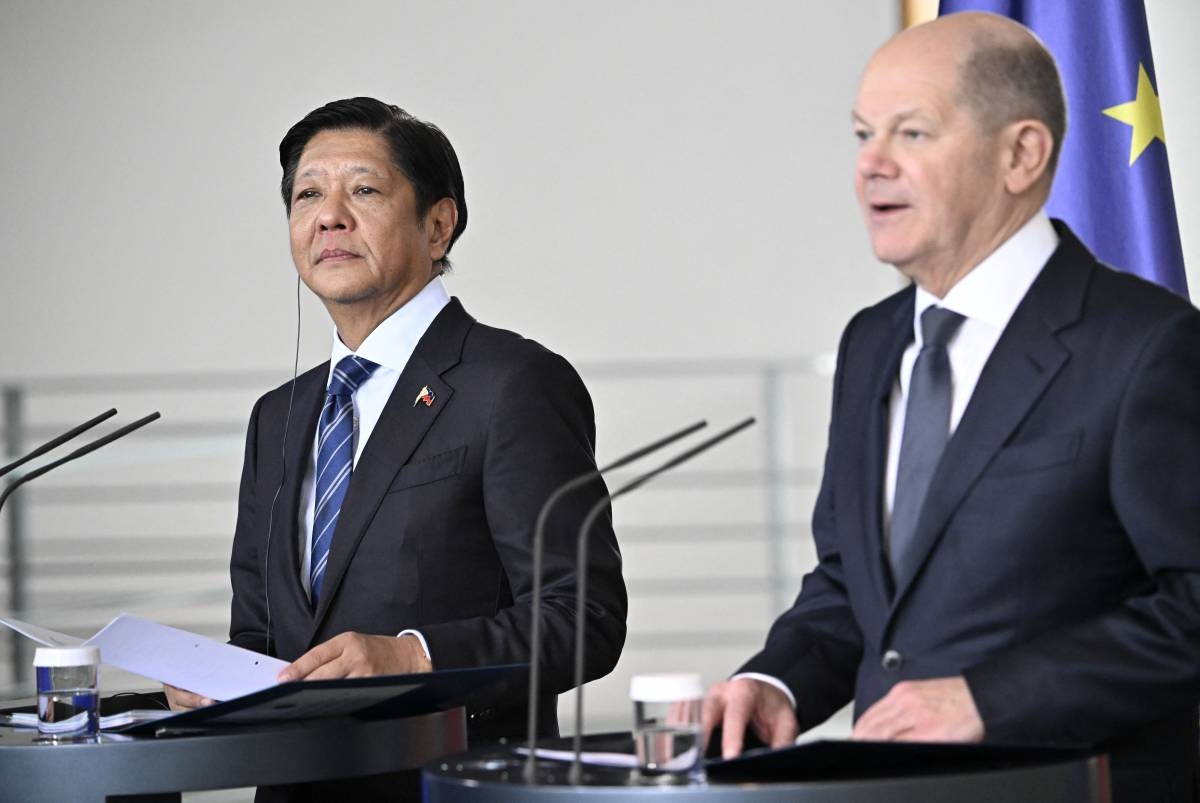Berlin: President Ferdinand Marcos Jr. Highlights Changes in Approach to Drug Problem in the Philippines
President Ferdinand Marcos Jr. recently stated that his administration’s approach to handling the drug problem in the Philippines has “changed significantly.” During a meeting with German Chancellor Olaf Scholz in Berlin, President Marcos responded to inquiries about his approach to illegal drugs, particularly in relation to the previous administration.
A Shift in Approach
President Marcos emphasized the significant changes that his government has introduced in the campaign against illegal drugs. He expressed his opposition to the previous administration’s confrontational and violent approach, stating that a deeper understanding of the problem and a more comprehensive solution are necessary. He believes that progress has been made under his administration’s approach.
As part of the reforms, President Marcos highlighted the reorganization of the Philippine National Police (PNP) to address the involvement of some police officers in illicit practices during the previous administration. He mentioned that steps have been taken to remove those involved, and some have already been tried, convicted, and are now serving their sentences. However, he acknowledged the challenges posed by the significant amount of money involved in the drug trade, making it difficult for the government to compete with drug lords.
Progress in Combating Illegal Drug Operations
President Marcos’s administration has made significant strides in combating illegal drug operations in the Philippines. According to Malacañang, over P10.41 billion worth of illegal drugs were confiscated, and 56,495 suspects were arrested in more than 44,000 law enforcement operations last year. These efforts reflect a shift in focus towards rehabilitation, responding to calls for accountability following the previous administration’s controversial war on drugs, which resulted in thousands of deaths under investigation as alleged extrajudicial killings.
The government has also made progress in establishing functional anti-drug abuse councils in 50 provinces and setting up 74 in-patient treatment and rehabilitation facilities across the country. These initiatives aim to address the issue of drug abuse through rehabilitation, reintegration, and preventive education programs, particularly targeting the youth.
Non-Recognition of the International Criminal Court’s Jurisdiction
President Marcos reiterated his administration’s position of non-recognition of the International Criminal Court’s (ICC) jurisdiction over the Philippines. He sees the ICC’s mandate as intended for regions lacking a robust judiciary and law enforcement, which he believes does not apply to the Philippines. President Marcos emphasized that the responsibility for addressing crimes lies with the functioning police force and judiciary within the country.
The ICC investigation covers crimes committed in Davao City from November 2011 to June 2016 when President Rodrigo Duterte was still its mayor, as well as cases during his presidency until March 16, 2019, the day before the Philippines officially withdrew from the court’s Rome Statute.
In conclusion, President Ferdinand Marcos Jr. highlighted the significant changes in his administration’s approach to the drug problem in the Philippines, emphasizing the shift towards rehabilitation and addressing the root causes of drug abuse. The government’s efforts have led to notable progress in combating illegal drug operations, as reflected in the confiscation of drugs and the arrest of suspects. Furthermore, President Marcos reiterated the non-recognition of the ICC’s jurisdiction, asserting the country’s commitment to its own functioning judiciary and law enforcement system.
Source: The Manila Times







